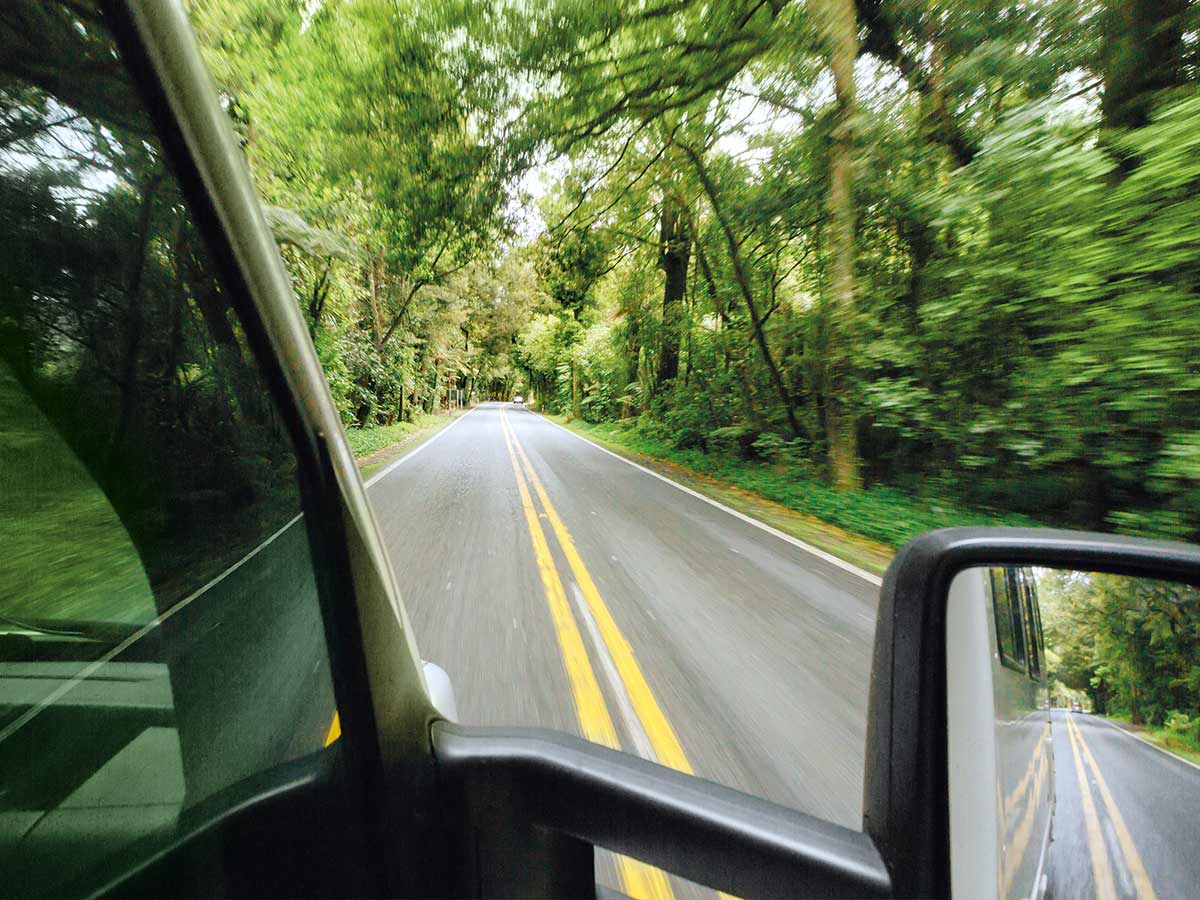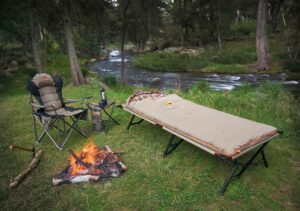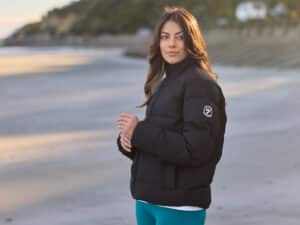We all like a bargain, but is it really true that you ‘get what you pay for’? Peta Stavelli takes an in-depth look at issues that can arise from buying a parallel-imported RV.
A few years back when I was flush with cash, I bought a top-of-the-line suitcase made from recycled materials, which came with a 50-year guarantee. Fifty years! Indeed, that might seem a bit over the top to anyone who hasn’t seen recent footage of unscrupulous baggage handlers across the ditch hurling suitcases with all the vigour of a Scottish caber tosser.
I know I could have bought a cherry-red cabin case that looked much the same for half of what I paid for my branded wonder. However, I’m secure in the knowledge that it will be replaced if something unexpected happens (so long as I can remember where I filed the guarantee it came with).
Counterfeit or parallel import — what’s the difference?
We all like a bargain and many of us are perfectly happy with the ‘genuine fake’ watch or handbag bought on holiday. Buying counterfeit – or fake – goods is usually low risk when it comes to expenditure. Often, we’re the only one who knows how little we paid for the ‘luxury’ item we proudly display. Similarly, our expectations for the product’s longevity are lower than if we bought the ‘real deal’. If it doesn’t last – well, at least we can console ourselves that it didn’t cost us much in the first place.
Consumers often take comfort when buying a parallel import, because the product in question is not a designer rip-off – it began its life in exactly the same factory as a similar item with a higher price tag. After shopping around and finding a cheaper product, a buyer might be feeling pretty smug about it. Everyone gets a bargain, isn’t that right? Well, no; not really. Parallel imports can be troublesome for unwary consumers, so much so that the New Zealand Government’s own consumer protection website spells out the perils.
Buyer beware
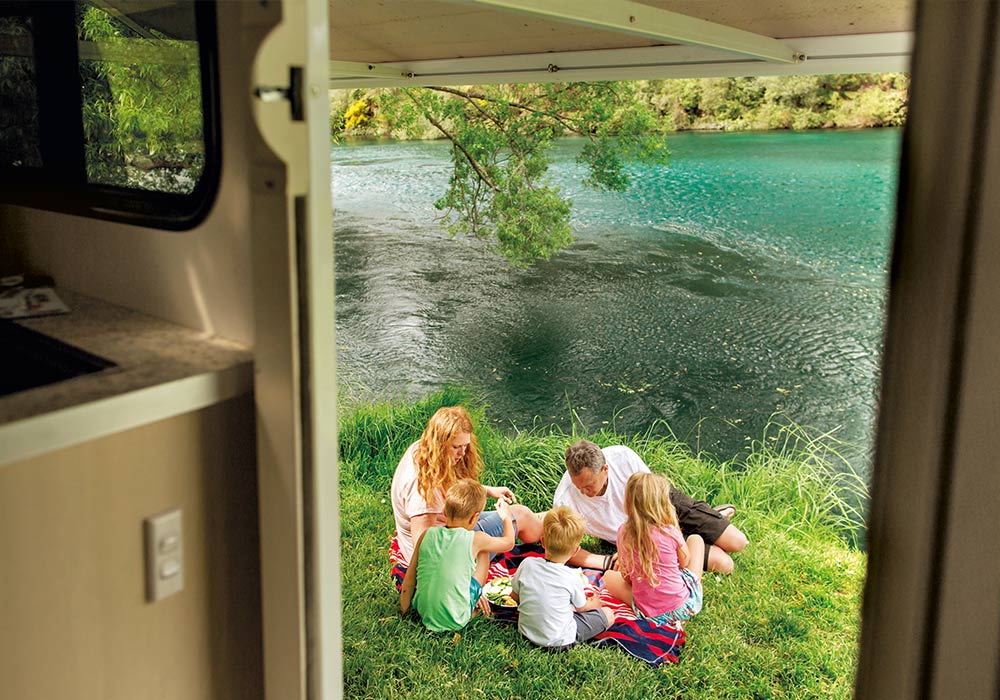
The consumer protection website gets straight to the point, heralding this warning: “Parallel importers do not have permission from the manufacturer to sell their products in New Zealand…”
The site lists a series of warnings about the many consumer protections that may be voided when buying from importers with no demonstrated direct link to the manufacturing company. These can include a lack of access to call centres for after-sales support; an absence of remedies for shoddy, broken, missing, or replacement parts; and no comeback for poor workmanship. Oh, and if you buy a parallel-imported RV that you bought with the hope of going freedom camping, you might not be able to obtain self-contained certification.
But what about the Consumer Guarantees Act?
To be clear, all New Zealand consumers are protected by the Consumer Guarantees Act (CGA), but if problems with your purchase arise, the Government website says that you should apply in the first instance to the retailer for a remedy. If the retailer is not backed by the manufacturer, or if you bought off Trade Me from a vendor who suddenly flies the coop, you could find yourself without any comeback. Additionally, registered dealers of that same brand of vehicle may refuse to supply parts and guarantees and standard electrical or vehicle warranties may be missing, or worthless. You might even find yourself with a user manual written in a foreign language. Good luck deciphering that.
That old thing
And there’s another concern: on closer inspection, your parallel-imported RV may actually be refurbished rather than new. In other words, the vehicle you bought cheaply may indeed have come from the same factory as a dealer import. It might also have been recently built, but it could have been written off for insurance purposes before being repaired, repainted, and imported into New Zealand. Readers might recall an industry-wide scandal within the last decade, which involved flood-damaged or stolen-to-order caravans imported from the UK. Some of these were rotten to the core and failed subsequent vehicle inspections. Others looked legitimate but were eventually revealed to have carefully crafted fake vehicle inspection stickers, which voided the usual warranties an unwary consumer may have expected to come with their purchase.
Recent flooding events in New Zealand on Anniversary Day, and again during Cyclone Gabrielle, have once again highlighted the issue of unscrupulous vendors selling flood-damaged vehicles. More than 10,000 vehicles were estimated to have been written off after the floods; some of these are already reappearing for sale without the full disclosure of flood damage, which is required by law. In seeking a remedy for being ripped off, a consumer can, of course, appeal to the Motor Vehicle Disputes Tribunal. But, considering the increased frequency of natural disasters due to climate change, you could be in a long queue. Be prepared for a difficult and drawn-out process.
From the top down
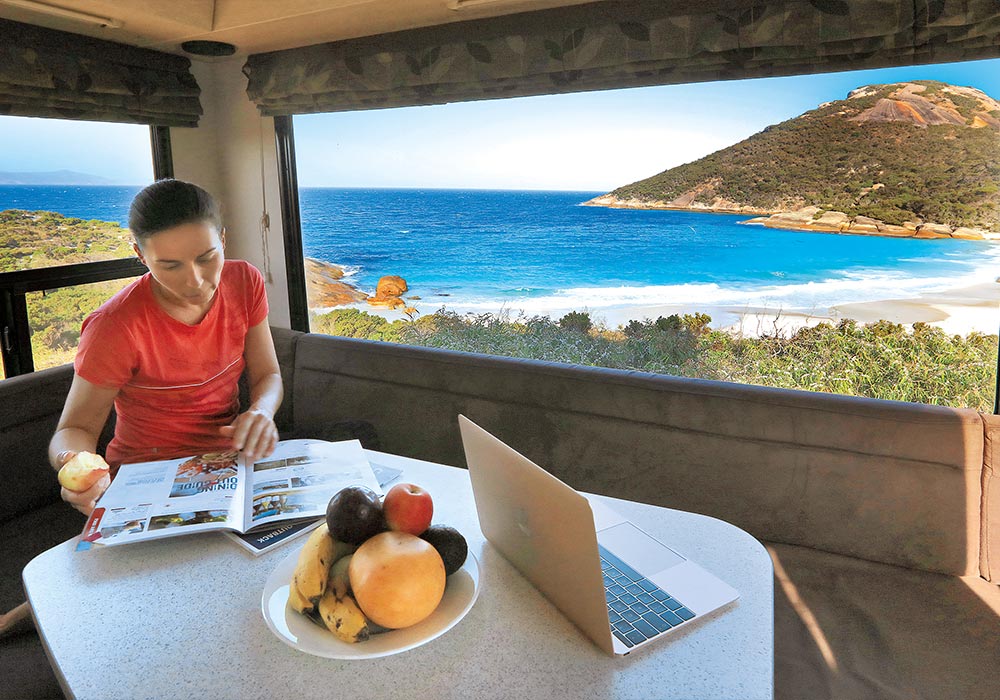
Taupo-based retailer and registered importer of Dethleff’s caravans, Central RV, dedicates a web page to warning consumers about the risks that come with parallel imports. I asked the company’s managing director, Brent Thurlow, why they’ve taken this unusual step. Brent’s been working in the industry for a long time and says he has seen first-hand the level of consumer confusion around the topic. He’s saddened by it and believes it’s high time the buying public were better informed about what they’re getting and, more importantly, what they’re not getting, when it comes to buying a parallel-imported vehicle.
Brent warns: “Too many people think they’ll be completely protected by their invoice. An invoice is not a warranty. We’ve often had to point out to people who have been misinformed by other sellers that an invoice is solely their proof of purchase.”
Brent says it doesn’t matter what brand of vehicle a customer buys; if you want a factory warranty, you need to buy from a registered dealer.
“A warranty includes information about regular servicing. The buyer will be asked to sign the factory warranty at the time of purchase, after which all of the details of the vehicle sale will be forwarded to the factory.”
Guarantees, replacement parts, and follow-up services and checks will all be honoured on the basis of the information held in the company registry, he says.
“When we sell a vehicle, we go through all of this with our customers at the time of handover. They read the warranty and sign it in several places to say they understand each part. It’s a thorough process, which can take many hours to complete because we want to ensure it’s done properly.”
He says if people are unsure about warranties, they should ask at the time of purchase if anyone in the company has been factory trained to work on the vehicles they’re selling because only registered dealers receive factory training.
Spare parts and broken hearts
Central RV carries a large range of replacement parts for the models they sell. “Dethleff’s makes around 65 different caravan layouts, all of which come in a variety of colours and finishes. We import around ten of those, and we carry a wide range of spare parts for those vehicles,” Brent explains. “We bring the spare parts into the country to support our customers, and it’s all part of the after-sales service we offer. But we can’t keep parts on hand for vehicles we didn’t import. We simply don’t have the space to do it, and it really hurts to tell people they might have been misled about parts being readily available.”
Brent recalls a customer who bought from an unregistered dealer and then waited for a year for a replacement window; others were upset at items they did not receive, and others by later finding they had incorrect appliances.
“Everyone we’ve talked to is shocked when they realise they’ve not only forfeited warranties and parts support, they’ll also never be able to go freedom camping because they’ve got no LPG, hot water, or sufficient tanks to become certified.”
He says the difference between the vehicles Central RV sells and a typical parallel import is like ‘night and day’.
“Our caravans are Kiwi-spec’d. We work with the factory to have them built to be stronger and generally better suited to New Zealand conditions. They are constructed differently and chosen on the basis that the layouts we import best suit the New Zealand conditions. When they reach us, we spend another 40 to 50 hours installing New Zealand-specification TV satellites, tanks, batteries, and solar systems.”
Caveat emptor

The bottom line for New Zealand consumers is to shop around by all means but to do all of the homework, not just the maths. Buying cheaper is not always buying better when it comes to large ticket items.
Ask what after-sales service, warranties, guarantees, and extras come with your purchase. You might find these add-ins tip the scale to make buying from a registered dealer much better value than a parallel import. And, perhaps, more importantly, registered dealers can liaise directly with the factory on your behalf, ensuring that your vehicle not only has a long life but that it also serves the purpose for which it was intended, and you can spend many happy years (freedom) camping.

